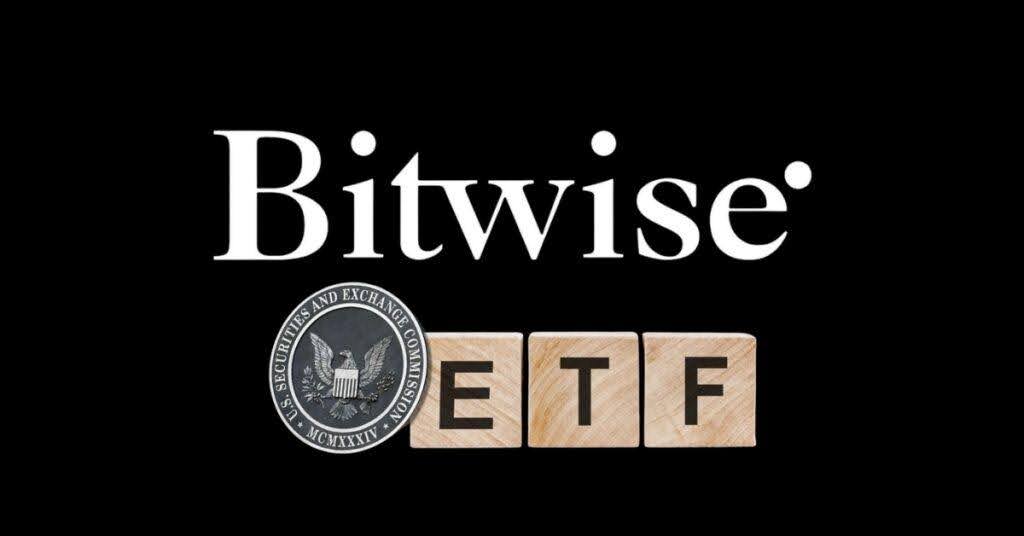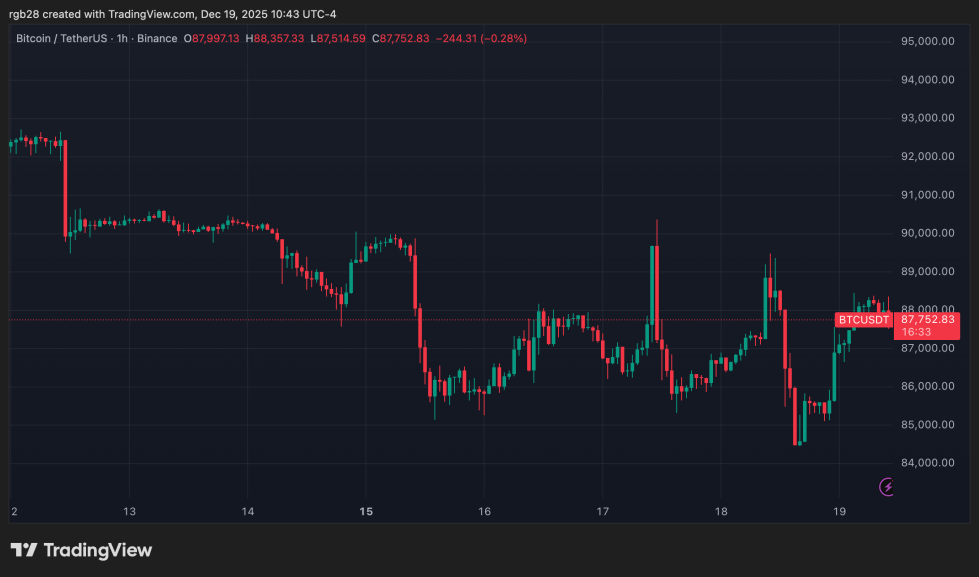
From liquidity pools to liquid staking and “looping,” here are a few approaches you can take to ETH staking — categorized by the Chinese Zodiac.
Staked Ether (ETH), liquid derivatives — it’s a whirlygig of smart contracts and big-brain blockchain jargon out there. Nonetheless, there are a few paths through the ETH staking wilderness.
But remember, anon, as the poet Antonio Machado said, “There is no path, paths are made by walking” — which is a fancy way of saying this isn’t financial advice and make sure you do your own research.
Let’s start with the first personality type and the type of ETH staking that might be appropriate.
The Ox: Slow and steady
The ox, archetypally, has a strong, dependable personality but can be stubborn and suspicious of new ideas. If that sounds like you, you may be interested in staking directly with Lido.
Lido Finance is not only the biggest liquid staking derivative (LSD) protocol but it’s now the biggest decentralized finance (DeFi) protocol in the market in terms of total value locked ($9.5 billion) and market capitalization. Lido takes your ETH and stakes it via a team of vetted validators, pooling the yield garnered and distributing it to the validators, the decentralized autonomous organization (DAO) and investors.
Related: 3 tips for trading Ethereum this year
In return for providing ETH to Lido, the DAO issues “staked ETH” (stETH) tokens, which are like receipts (or “liquid derivatives”) that can be redeemed for your original ETH plus the yield accrued. These tokens, along with those from other LSD protocols, such as Rocket Pool and StakeWise, can be traded on the open market.
The risks include the fact that the smart contracts holding your ETH might have an undiscovered bug, the DAO might get hacked, or one or more of Lido’s validators might get penalized by Ethereum and have some of their stake removed. All the following strategies contain these risks plus more.
The Dog: Honest, prudent and a little feisty
If that sounds like you, maybe look into auto-compounders. For example, adding liquidity to Curve Finance and then locking up the liquidity pool (LP )tokens.
When using Curve, I like to use Frax-based tokens, as the two protocols clearly have the hots for one another, and Frax pools often have the best rewards. I passed some of my ETH to Frax to stake and received their LSD called Frax ETH (frxETH).
It’s in Frax’s interest to maintain a highly liquid market for frxETH, so they run an LP on Curve, which offers up to 5.5% APY on top of the fact that your frxETH is also earning a similar yield. Nice.

But some of this APY is paid out in CRV tokens. No shade, but I would rather have ETH, so I hopped on to Aladdin DAO’s Concentrator protocol and gave them my LP tokens, which is like a receipt for my share of the frxETH/ETH pool. They do some wizardry and return 8% APY paid in the underlying assets. Nice.
Naturally, when mixing DeFi protocols into a screwy, money cake, the risks compound with the yield. Here, there are three protocols involved as opposed to one, which could mean the risk is cubed — but I’m no mathematician.
The Tiger: Sleek, sophisticated and always in control
This is perhaps the most sophisticated strategy on the list and should be considered by experienced investors with a large amount of money on the line.
Essentially, the tiger can use a similar strategy to the dog; indeed, there are many LP pools and many compounders across the DeFi world, so finding one that fits shouldn’t be an issue. The issue for tigers is how to hedge their risk.
A few options contracts might be in order. The basic approach would be to buy enough in-the-money put options to act as insurance in the event ETH takes a dive. This might be all that’s needed seeing as the risk of impermanent loss is low, given stETH tends to maintain its peg. (Those wanting to hedge against a depeg event should check out Y2K protocol over on Arbitrum.)
A more optimal strategy would be a “bear call spread,” as that will insure against depreciation but also return some profit in a sideways market.
The Frog: The airdropping Ponzi lover
The next strategy is quite popular in some sections of the crypto world. In terms of risk, it’s as about as safe as covering yourself in peanut butter and running at a horde of malicious chimpanzees.
It involves “looping,” which refers to supplying an asset, borrowing against it, swapping the borrowed money for more of the original asset, and repeating the process.
Related: 5 tips for investing during a global recession
From my own research, I found a yield farm that will give you about 2% yield when you deposit wstETH (the same as stETH but with a harder peg) and allow you to borrow USD Coin (USDC) against it for 3.5% interest.
You can then swap the USDC for more wstETH and repeat the process, using a 75% loan-to-value ratio, so you don’t get instantly liquidated. If you loop this process five times, you will end up with an APY of over 13% on your wstETH, which itself is earning 5%.
Whatever your personality, it’s possible to find the strategy that works for you, and while it might sound complicated if you have your own decentralized wallet or one on an exchange, most of them can be enacted with just a few clicks. While some bearish types might decry the continuation of overly-ebullient risk-taking, I see the trend in LSDs as part of the birth of a new yield-bearing asset: ETH.
One day, stETH might even rival the traditional bond market. After all, if governments can run trillion-dollar economies essentially as derivatives of their own bond market, what are a few validator nodes among crypto friends?
This article is for general information purposes and is not intended to be and should not be taken as legal or investment advice. The views, thoughts and opinions expressed here are the author’s alone and do not necessarily reflect or represent the views and opinions of Cointelegraph.

You can get bonuses upto $100 FREE BONUS when you:
💰 Install these recommended apps:
💲 SocialGood - 100% Crypto Back on Everyday Shopping
💲 xPortal - The DeFi For The Next Billion
💲 CryptoTab Browser - Lightweight, fast, and ready to mine!
💰 Register on these recommended exchanges:
🟡 Binance🟡 Bitfinex🟡 Bitmart🟡 Bittrex🟡 Bitget
🟡 CoinEx🟡 Crypto.com🟡 Gate.io🟡 Huobi🟡 Kucoin.




















Comments